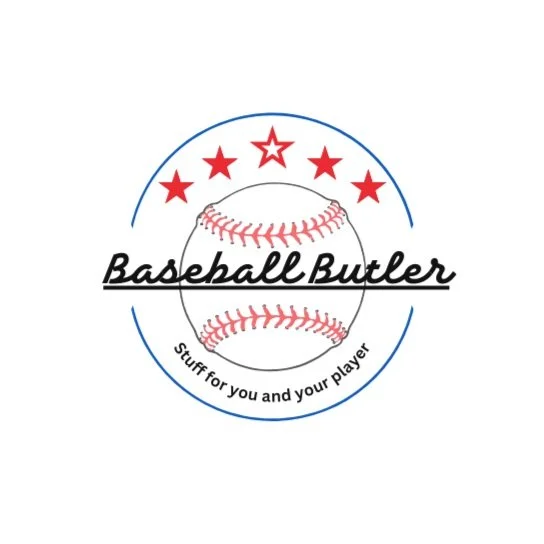Did Radio Make Baseball Popular?
Did Baseball make radio popular, or was it the other way around?
Baseball and radio share a deeply intertwined history that has played a significant role in making baseball the national pastime of the United States. The sport of baseball was already popular by the early 20th century, but its reach expanded considerably with the rise of radio broadcasting in the 1920s. This medium brought the thrill of the game into homes across the country, creating a sense of community and connection among fans and further establishing baseball as an essential part of American culture.
The Early Days of Baseball on Radio
Radio broadcasting emerged in the early 20th century, with the first experimental stations going live around 1916. The first baseball game broadcast on radio occurred in 1921 when KDKA in Pittsburgh aired a game between the Pittsburgh Pirates and the Philadelphia Phillies. Fans could now tune in to hear the game play-by-play, bringing the excitement and drama of baseball straight to their living rooms.
By the late 1920s, radio broadcasts of baseball games became more common. Stations across the country began to air local games, and soon, national broadcasts allowed fans to follow their favorite teams from anywhere in the United States. Radio announcers like Red Barber and Mel Allen became household names, their voices becoming synonymous with the sport itself.
Connecting Fans to the Game
Radio's ability to deliver real-time updates and vivid play-by-play commentary allowed fans to follow the game even when they couldn't attend in person. This accessibility strengthened the bond between fans and their teams, as it gave listeners a chance to experience the excitement of every hit, pitch, and home run.
Additionally, radio broadcasts created a shared experience for listeners, fostering a sense of camaraderie and community. Families and friends would gather around the radio to listen to games together, discussing plays and sharing in the highs and lows of their favorite teams.
Impact on the Growth of Baseball
As radio brought baseball into homes across the nation, the sport's popularity soared. Fans became more invested in their local teams and players, and the passion for the game spread quickly. This growth was further accelerated by the emergence of network broadcasts, which allowed games to reach an even broader audience.
Radio also played a role in the integration of baseball, as the medium helped raise awareness of the talent of Black players like Jackie Robinson. As radio broadcasts reached diverse audiences, they contributed to the push for breaking the color barrier in baseball and beyond.
Legacy of Baseball and Radio
The relationship between baseball and radio remains strong today. While television and digital media have largely taken over as the primary means of following games, radio broadcasts continue to be an essential part of the sport's culture. For many fans, there is nothing quite like the nostalgia of listening to a game on the radio, with the familiar voice of a trusted announcer painting vivid pictures of the action on the field.
The partnership between baseball and radio has been instrumental in establishing the sport as America's national pastime. By bringing the excitement of the game to fans everywhere, radio helped cement baseball's place in the hearts of Americans and ensured its legacy for generations to come.


